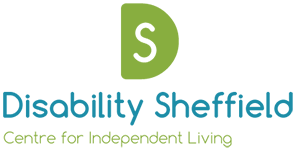With effect from Monday 2nd December, people who use wheelchairs or need Section 117 after care support now have the right to a personal health budget, providing them with greater choice and control when managing their own health and care.
Personal wheelchair budgets are being introduced as part of a range of measures to improve current wheelchair service provision, to ensure people have better experiences of care and to give people greater choice over the wheelchair provided.
People who are referred and meet the eligibility criteria of their local wheelchair service, and people who are already registered with the wheelchair service, will be eligible for a personal wheelchair budget when they require a new wheelchair or specialist buggy, either through a change in clinical needs or in the condition of the current chair. FAQs can be found here
A personal health budget for S117 aftercare would be considered when:
• Whenever planning is taking place for section 117 mental health after-care needs during an admission to hospital; or
• At any assessment held to review the person’s section 117 after-care package of support in the community, which may be managed by either the local authority or the NHS.
This will include Care and Treatment Reviews (CTR) for adults, or Care Education and Treatment Reviews (CETR) for children, who have a learning disability and/or autistic people who are section 117 eligible.
After-care planning for all patients admitted to hospital for treatment for a mental health disorder should be planned within the framework of the Care Programme Approach (CPA). But if an eligible person’s care is not being managed under CPA, this should not impact their right to a personal health budget as this right is not based on how services are locally delivered but on their eligibility for section 117 after-care.
More information, tools and resources on both S117 and personal wheelchair budgets can be found at the personalised care collaborative network .





